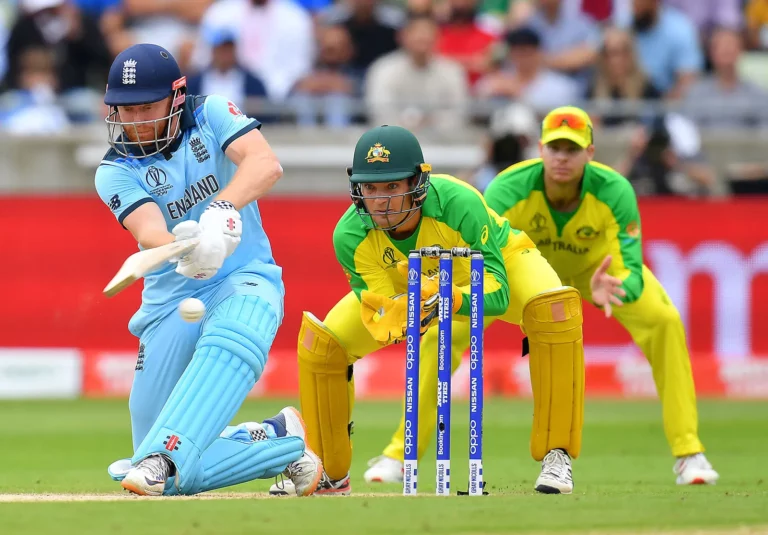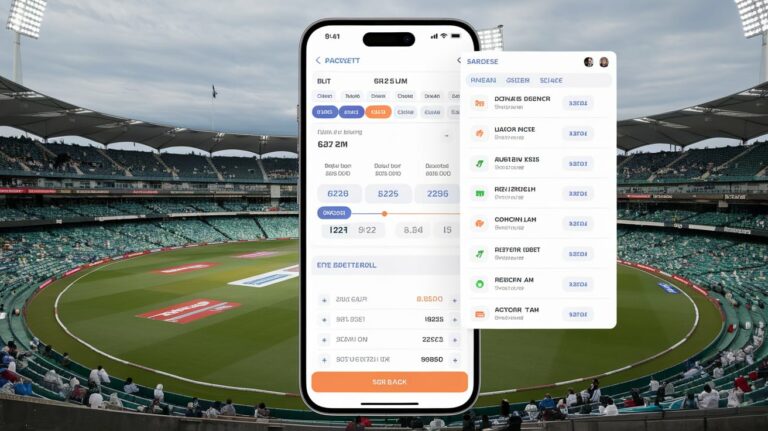Cross-Cultural Management in IPL Teams
allpaanel exchange, lotus365, laserbook247 id:Cross-Cultural Management in IPL Teams
The Indian Premier League (IPL) is one of the most popular cricket leagues in the world, attracting players from various countries and cultures. With players from different backgrounds coming together to form a team, cross-cultural management becomes crucial for the success of IPL teams. In this blog post, we will explore the importance of cross-cultural management in IPL teams and how it can impact team performance.
Understanding Cultural Differences
Cultural differences can manifest in various ways, such as communication styles, work ethics, decision-making processes, and conflict resolution methods. These differences can potentially lead to misunderstandings, conflicts, and decreased team cohesion if not managed effectively.
In an IPL team, players from different countries bring with them their unique cultural values and norms. For example, players from Australia might have a more direct communication style, while players from India might prefer a more indirect approach. Understanding and respecting these cultural differences is essential for fostering a harmonious team environment.
Building Trust and Communication
Effective cross-cultural management in IPL teams starts with building trust and open communication among team members. Team leaders and coaches play a crucial role in promoting a culture of respect, inclusivity, and collaboration.
Encouraging open dialogue, actively listening to team members’ perspectives, and addressing cultural differences constructively can help build trust and strengthen team relationships. Regular team meetings, team-building activities, and communication training can also facilitate better understanding and communication among team members.
Managing Conflict
Conflict is inevitable in any team environment, and cross-cultural teams are no exception. However, cultural differences can sometimes exacerbate conflicts if not managed properly. Team leaders must be equipped with conflict resolution skills and strategies to address disputes effectively.
Encouraging open and honest communication, promoting a culture of empathy and understanding, and seeking common ground can help resolve conflicts in a constructive manner. Mediation, team-building workshops, and cultural sensitivity training can also assist in managing conflicts and fostering a harmonious team environment.
Promoting Diversity and Inclusion
Embracing diversity and promoting inclusion are essential components of cross-cultural management in IPL teams. Diversity brings a wealth of perspectives, experiences, and skills to the team, enhancing creativity, innovation, and overall team performance.
Creating a safe and inclusive environment where all team members feel valued, respected, and empowered is crucial for promoting diversity in IPL teams. Team leaders should actively celebrate cultural diversity, encourage collaboration across different cultural backgrounds, and provide equal opportunities for all team members to contribute and succeed.
FAQs
Q: How can team leaders promote cultural diversity in IPL teams?
A: Team leaders can promote cultural diversity in IPL teams by celebrating cultural differences, encouraging open dialogue among team members, providing cultural sensitivity training, and fostering a culture of inclusion and respect.
Q: What are some strategies for managing conflicts in cross-cultural IPL teams?
A: Some strategies for managing conflicts in cross-cultural IPL teams include promoting open communication, seeking common ground, providing conflict resolution training, and encouraging empathy and understanding among team members.
Q: How can cross-cultural management impact the performance of IPL teams?
A: Effective cross-cultural management can enhance team cohesion, communication, and trust, leading to improved team performance, creativity, and innovation in IPL teams. By embracing cultural diversity and promoting inclusion, IPL teams can leverage the unique strengths and perspectives of each team member to achieve success on and off the field.
In conclusion, cross-cultural management plays a vital role in shaping the dynamics and performance of IPL teams. By understanding cultural differences, building trust and communication, managing conflicts effectively, and promoting diversity and inclusion, IPL teams can harness the collective strengths of their diverse team members to achieve success in the league.







